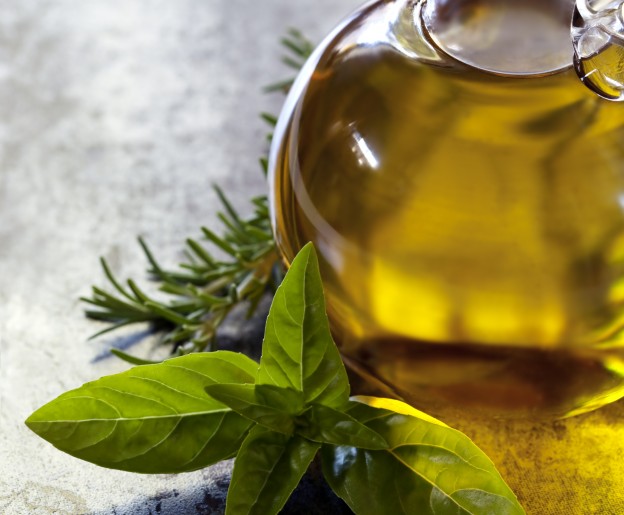7 top herbal antibiotics that really work
03/01/2016 / By usafeaturesmedia

(Homesteading.news) Everyone gets sick, eventually, even the healthiest among us, and when someone in our family is ailing, we want to do whatever we can to make them feel better, faster.
Now granted, if you don’t have any advanced medical training you should always see a qualified health care provider when you’re sick. But that said, there are certainly some natural plants, oils and herbs that studies have shown have some inherent antibiotic qualities.
Plus, there is another reason why you might consider some of the natural remedies below, as noted by NaturalNews:
In the last few decades, extensive uses of antibiotics have led to an increase in the rate of antibiotic-resistant infections. And as a result people who are hospitalized because of common illnesses, cancer, heart disease or even accident injuries end up with hospital-acquired infections and some even die because of infections.
“It is not difficult to make microbes resistant to penicillin in the laboratory by exposing them to concentrations not sufficient to kill them,” warned Alexander Fleming, the creator of the first antibiotic, penicillin, back in 1945 when he received his Nobel Prize for medicine. “There is the danger that the ignorant man may easily under dose himself and by exposing his microbes to non-lethal quantities of the drug make them resistant.”
With that in mind, here are 7 natural antibiotics to consider as alternatives to traditional antibiotics that can fight against bacterial infections:
- Aloe Vera: Aloe Vera leaves have been used for centuries to treat various conditions like inflammation (especially from burns), rashes, arthritis, constipation and rashes.
- Tumeric: This herb has been used for thousands of years in Ayurvedic and Chinese medical circles and it treats a wide range of infections. Besides its antibacterial properties it also has been known to work as an anti-inflammatory. It is highly effective at treating bacterial infections and can even be used topically for MRSA and lesions on the skin.
- Tea Tree Oil: Many who have used this swear by it. A very potent and essential oil, Tea Tree has been shown to be very effective at killing off MRSA on the skin that resists traditional antibiotics. Note, however, that therapeutic-grade Tea Tree Oil must be used undiluted if you’re using it on the skin. An added bonus: Tea Tree Oil is also very effective against lice.
- Garlic: This essential food seasoning has been around for quite some time – as a medicinal aid. It was used in the 1700s to help ward off deadly plague. Garlic possesses strong antibiotic, antiviral and anti-fungal properties.
- Oil of Oregano: This contains antiviral, antiseptic, anti-fungal, antioxidant, anti-inflammatory, anti-parasitic and pain-relief properties. Georgetown University completed a study in 2001 that found oregano oil’s germ-killing abilities were almost as effective as most antibiotics. As an aside, farmers are turning to oregano oil-laced foods for their livestock as an alternative to traditional human antibiotics, which many say is harmful over the long run. The New York Times reports on that here.
- Licorice: This has great anti-inflammatory, antimicrobial and antibacterial properties, researchers have shown. Licorice is also beneficial to improving bronchitis indigestion, viral infections, obesity and heartburn.
- Echinacea: This has been used to treat aging, as well as a variety of infections, for centuries as well. Traditionally it was used to treat open wounds as well as blood poisoning, diphtheria and other bacteria-related illnesses. Today, it is mostly used to treat colds and flu.
The power of the elements: Discover Colloidal Silver Mouthwash with quality, natural ingredients like Sangre de Drago sap, black walnut hulls, menthol crystals and more. Zero artificial sweeteners, colors or alcohol. Learn more at the Health Ranger Store and help support this news site.
Homesteading.news is part of the USA Features Media network of sites.
Tagged Under: antiseptic, antiviral, natural antibiotics




















